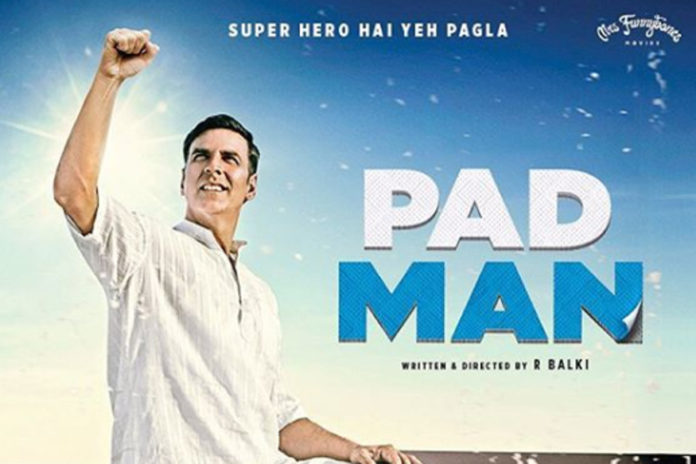The Madras High Court on February 7, 2018 granted John Doe order for Akshay Kumar starrer ‘Pad Man’. The orders can be viewed here and here. The film is scheduled to release on February 9, 2018.
The Court granted an interim injunction restraining the respondents or any other person or entity (John Doe) from infringing copyright in the said movie in any manner so as to prevent transmission, communication, display and exhibition of the said movie. The Court further held that for this purpose, if blocking of websites/ web pages set out in the Schedule becomes necessary, respondent ISPs shall do so. The interim injunction is valid for a period of three weeks up to February 28, 2018.
The Plaintiff seems to have filed two original applications in the suit. One with respect to respondent no. 1 to 37, respondent 1 being BSNL and other respondent ISPs. The second application seems to be against five respondents (defendant no. 38 to 42 of the main suit) i.e. Thalainagar Digital Cables and probably other cable operators.
During the arguments, the Plaintiff also placed reliance of the Delhi High Court judgement in the matter of Department of Electronics & Information Technology v/s Star India Private Limited [Read judgement here], wherein in a review petition, the division bench had upheld the single bench order directing that the entire website of the defendants be blocked and not just the specific URL of the rogue websites.
With respect to the order passed against the internet service providers, it is unclear as to why would the Court leave it up to the discretion of the ISPs to block websites/ web pages set out in the Schedule as against asking them to block the rogue websites altogether as has been done by the Delhi High Court and Bombay High Court on several occasions. A list of such orders can be viewed in the judgement section here.
John Doe suits are mostly quia timet actions filed as a representative action, under Order I, Rule 8 of the Code of Civil Procedure, 1908. Few ISP’s and cable operators are impleaded as formal defendants to represent the group of internet service providers and cable operators in general. Complete identity of interest amongst these defendants and the general body of persons whom they represent and/or are said to represent is shown. John Doe orders enable the order to be served upon persons whose identity is unknown to the plaintiff at the time the action was commenced, but whose activity falls within the scope of the action.
Image source: here














